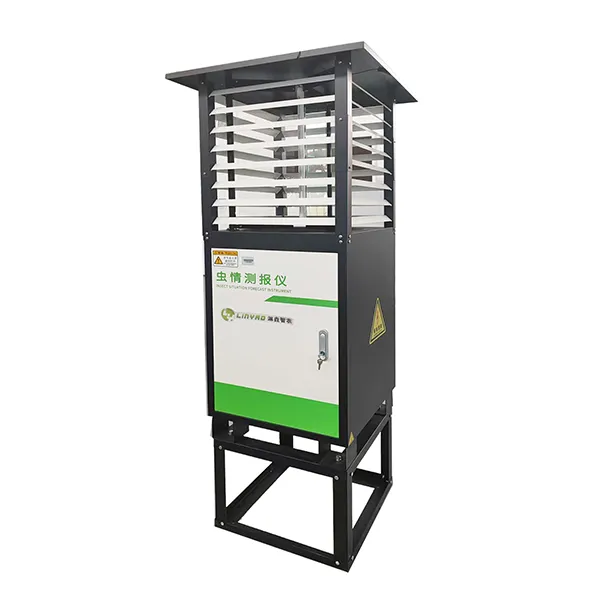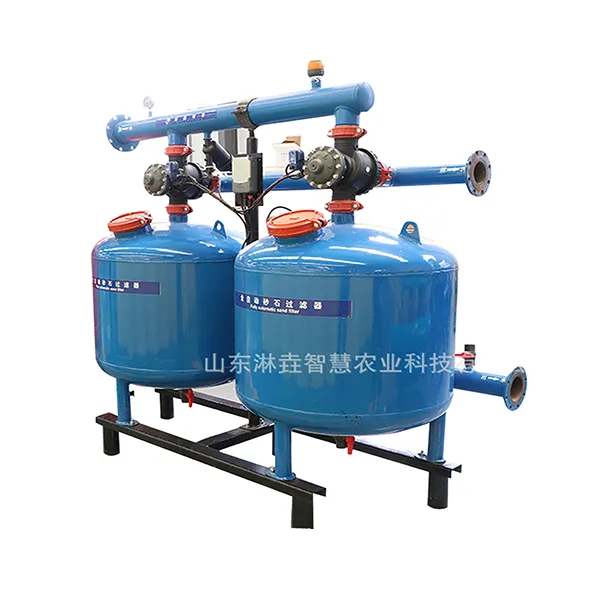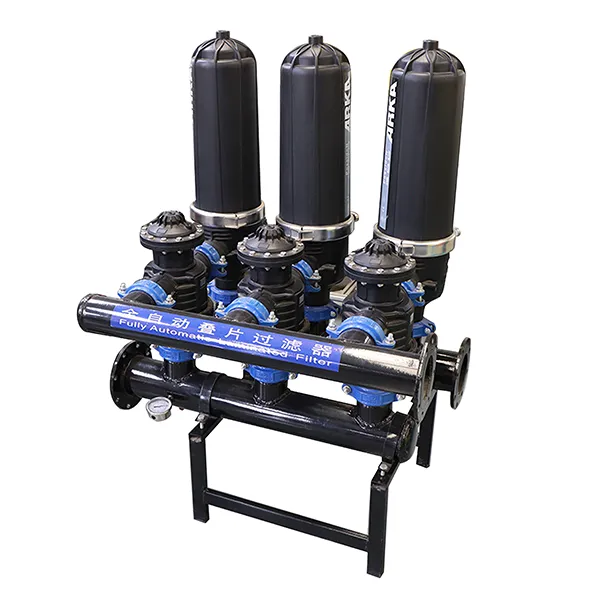
Equipment for water-saving irrigation main country of buyer
When they talk aboutequipment for water-saving irrigation, many immediately imagine Israel or Europe. But over the past five years, the picture has changed - the main buyer is now from the CIS countries, and this is not an accident. In our portfolio, 60% of contracts are in Kazakhstan, and not only on cotton farms, but also on grain regions. This is not just a trend, but a reaction to real problems: the level of the Aral Sea is falling catastrophically, and groundwater in the Kostanay region has dropped by 15 meters over the past decade. We are inShandong Linyao Intelligent Agriculture Technology Co.,LtdAt first we thought that the demand would be for drip systems, but it turned out that complex solutions were needed, where filtration and automation were more important than water saving itself.
Why Kazakhstan and not Uzbekistan?
In 2022, we delivered the first batch of frequency pumps to the Almaty region - the customer complained that the old Soviet systems consumed 40% of the electricity. After installation, costs fell by half, but the main discovery was different: Kazakh farmers are ready to pay for automation, and not just for pipes. In Uzbekistan, they still often prefer cheap Chinese analogues, which fail after two seasons. The difference is in mentality: in Kazakhstan, investments are considered for 10 years in advance, especially in the northern regions, where the problem with irrigation is more acute.
By the way, about filters - initially we offered standard disk models, but we encountered hard water in the Kyzylorda region. We had to quickly develop hybrid systems with sand filters, otherwise salt deposits would destroy the drippers within a month. This is the case when theory breaks down in practice: in the laboratory the water seemed normal, but in the field the mineralization went off scale. We now always request water samples before design - a lesson learned at great cost.
Another point: Kazakh farmers often ask to add remote control functions to basic kits. Not that this is strictly necessary, but they attribute it to a lack of qualified operators. As a result, we began to equip even simple systems with GSM control modules - it turned out that this increases confidence in the technology. On the websitehttps://www.lyzhihuinongye.ruWe now highlight this parameter separately, although initially we considered it secondary.
Mistakes that cost us contracts
In 2021, a tender in the Aktobe region failed - we proposed an ideal system from an engineering point of view, but did not take into account that locals prefer to maintain the equipment themselves. Our control cabinets were hermetically sealed, and this raised suspicions: “how will we fix it if the board burns out?” We had to reconsider the approach - now we leave the service windows and release video instructions in Russian with an analysis of typical breakdowns. It's a small thing, but it makes a difference.
There was also the opposite situation: in Kostanay, the customer demanded full automation, but we overdid it with soil moisture sensors - they had to be dismantled after the first dust storm. It turned out that for steppe zones, weather stations adjusted for evapotranspiration work better than direct measurements in the ground. Now we always check not only the type of soil, but also the wind rose in the region.
The most annoying thing is when you lose because of stereotypes. For a long time we were perceived as “just another Chinese” until we started bringing clients to existing facilities in Shandong. Seeing ourintegrated water-fertilizer systemson fruit plantations, Kazakh farmers began to ask completely different questions. Not about the price, but about the service life of the membranes in the injectors and the maintainability of the controllers. This was a turning point.
Technical nuances that are not written in catalogs
At first, our engineers were perplexed why in Kazakhstan they often request a safety factor for pipes that is 25% higher than the calculated one. It turned out - because of rodents. Marmots and voles gnaw through highways, more often in winter, when the system is not working. Special casings made of metal mesh had to be developed, although this was not originally included in the specification.
Another Kazakh specific request is compatibility with the existing Soviet infrastructure. For example, many farms still use cast iron valves from the 1980s, and customers want our controllers to mate with them without replacement. We found a solution through adapter flanges with position sensors - a cheap but effective solution that has already saved dozens of projects.
Temperature is a different story. If in China we calculate equipment for -15°C, then for Northern Kazakhstan we need a reserve of up to -40°C. We had to change the seal material and add heating to the control cabinets. But now we can boast that ourequipment for water-saving irrigationworks even in the Pavlodar region during snowstorms, when the thermometer drops below -35°C.
Prospects: where the market is heading
Now I see a request for hybrid solutions - not just drip irrigation, but integration with sprinklers. In Kazakhstan, too, they began to develop fallow lands, where it is necessary to first wet the soil to a depth and then maintain moisture. Our development - combined systems with switchable modes - is already being tested in three farms.
Another trend is modularity. If earlier they ordered ready-made complexes, now they more often ask for a “designer”: a basic set + optional modules for specific crops. For example, alfalfa needs one type of filter, and apple trees need another. We are inShandong Lingyao Co.,LtdWe reassembled the catalog according to this principle, and the response became better.
But the main thing is the shift in demand towards intelligent systems. You can’t sell simple water savings anymore—you need analytics, yield forecasting, and integration with weather data. Maybe in five yearsbuyer's main countrywill choose a supplier not by price, but by the capabilities of the AI platform. We are already experimenting with algorithms for saline soils - it’s still damp, but there is potential.
Conclusions that are not usually voiced
If you had told me five years ago that our main market was Kazakhstan, I would not have believed it. But now I understand: their farmers think strategically, despite all the difficulties. Yes, they have a smaller budget than European clients, but they are ready to invest in technologies that will give effect in 5-7 years. This is a rare quality.
Our mistakes in this region taught us the main thing: we cannot offer standard solutions. Even within the same country, the conditions are so different that the systems for Mangistau and the East Kazakhstan region differ like heaven and earth. We have to constantly adapt and improve.
And yes - despite all the technological progress, personal contacts remain key. The most successful projects were born not from commercial proposals, but from joint field tests. When you stand with a client under the scorching sun and set up a controller together, there is trust that cannot be replaced by any contracts. Perhaps this is the main secret of working in the marketwater-saving irrigation.
Correspondingproducts
Related Products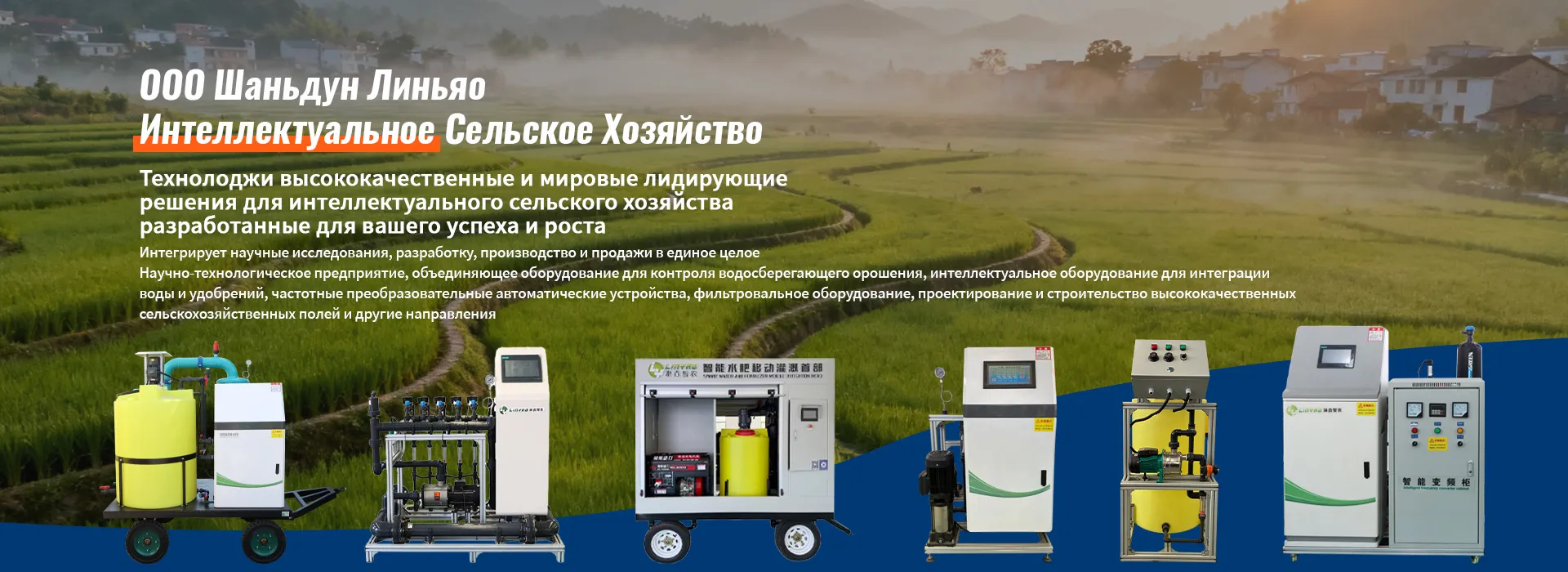
Best Sellingproducts
Best Selling Products-
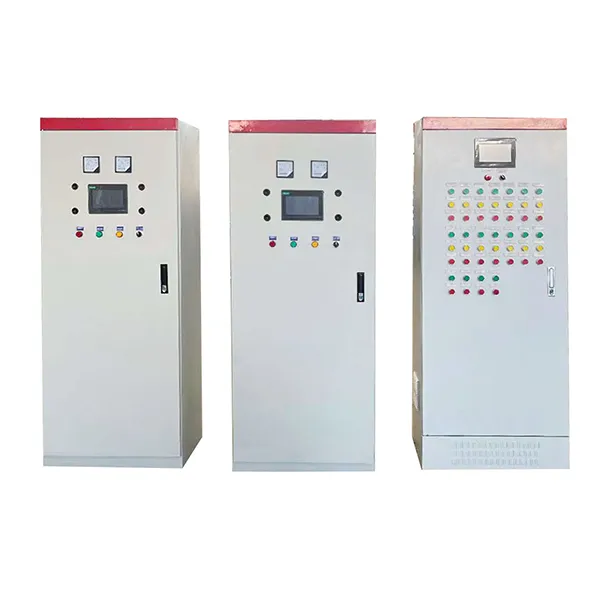 IoT-based greenhouse control cabinet
IoT-based greenhouse control cabinet -
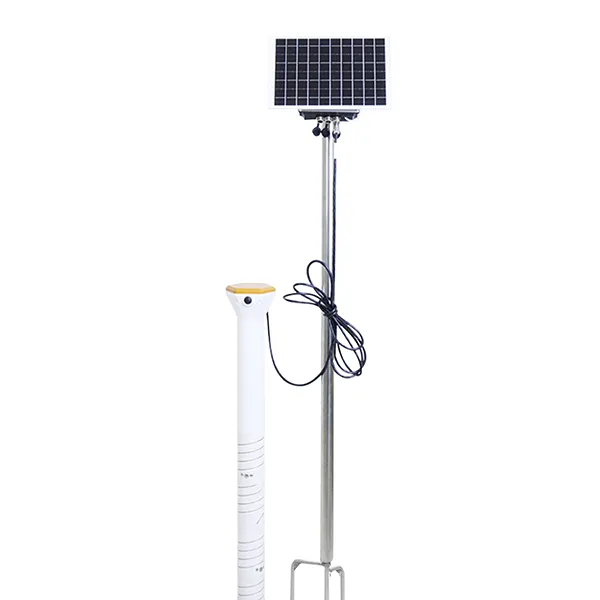 Soil Moisture Monitoring Station
Soil Moisture Monitoring Station -
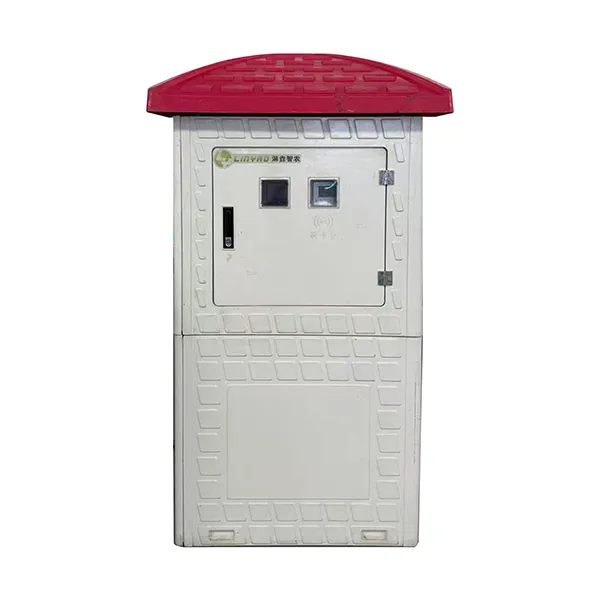 Radio Frequency Device for Irrigation Measurement and Control
Radio Frequency Device for Irrigation Measurement and Control -
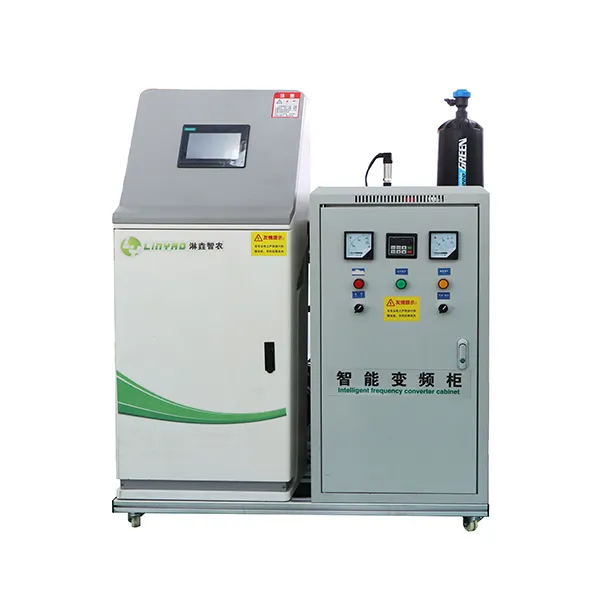 Main Fertilizer Irrigation Plant
Main Fertilizer Irrigation Plant -
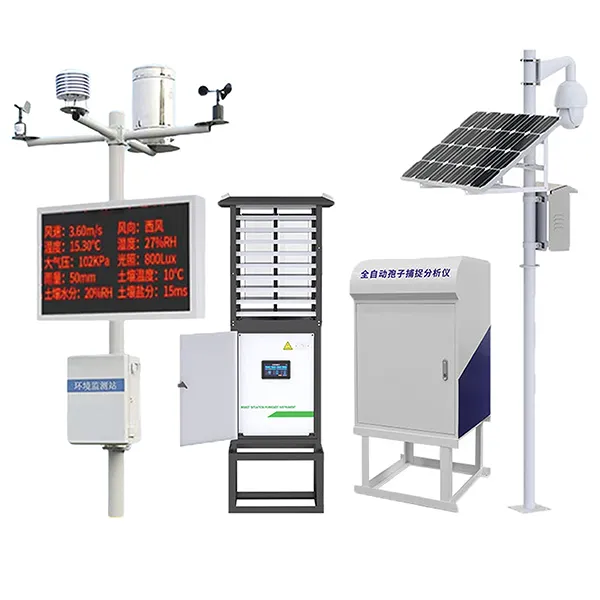 Agricultural weather station
Agricultural weather station -
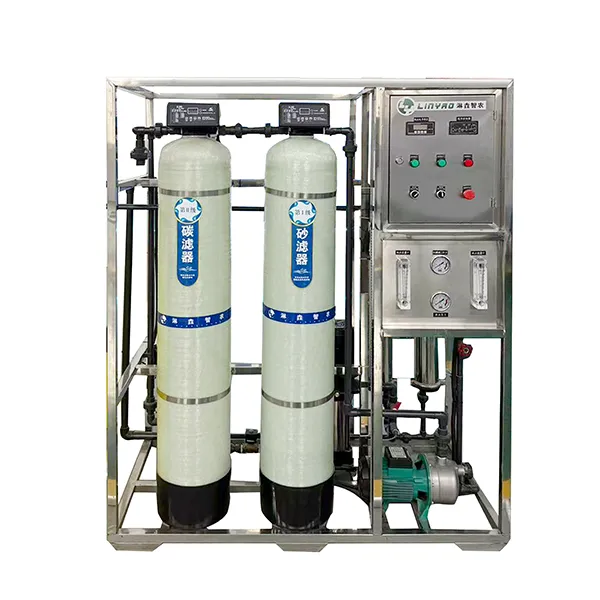 ABC Single Stage Reverse Osmosis Water Purification System
ABC Single Stage Reverse Osmosis Water Purification System -
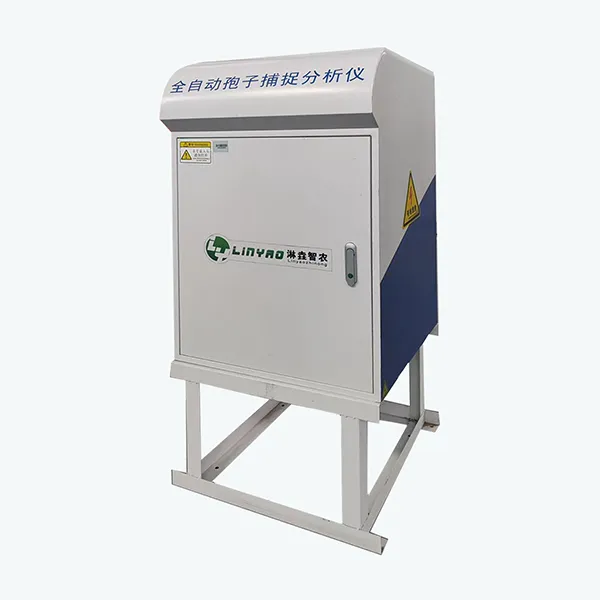 Fully automatic spore analyzer for agriculture
Fully automatic spore analyzer for agriculture -
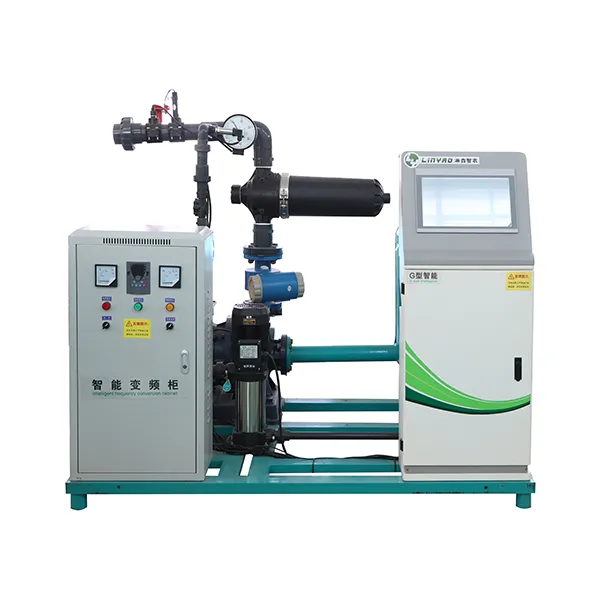 Intelligent Irrigation Control System
Intelligent Irrigation Control System -
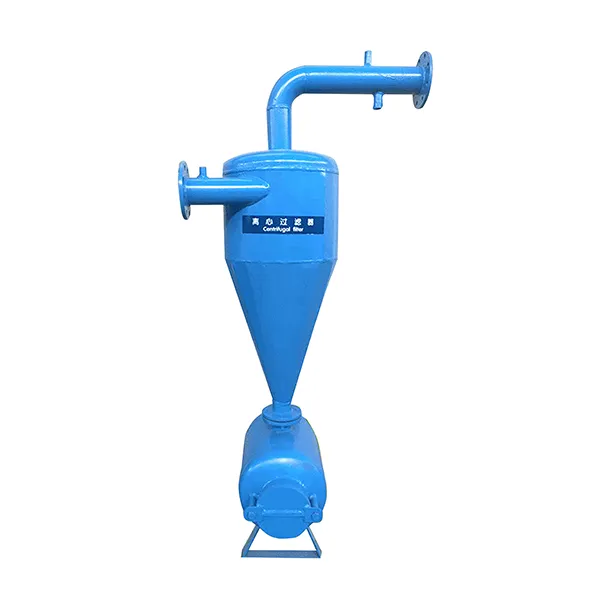 Centrifugal filter
Centrifugal filter -
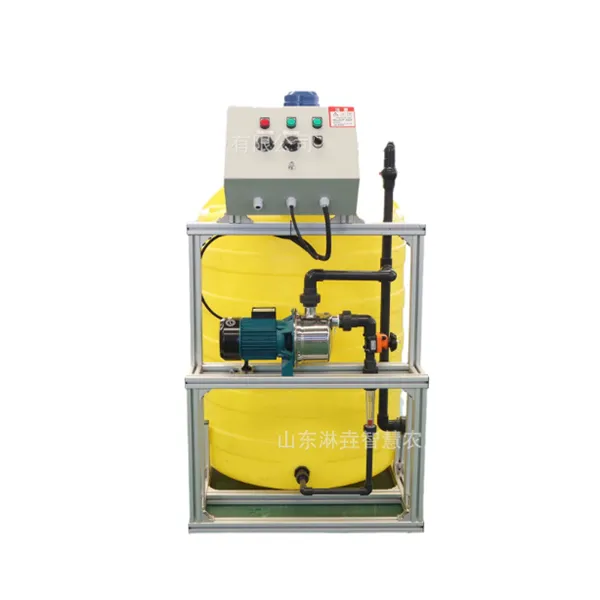 Simple manual single-channel water and fertilizer integration apparatus
Simple manual single-channel water and fertilizer integration apparatus -
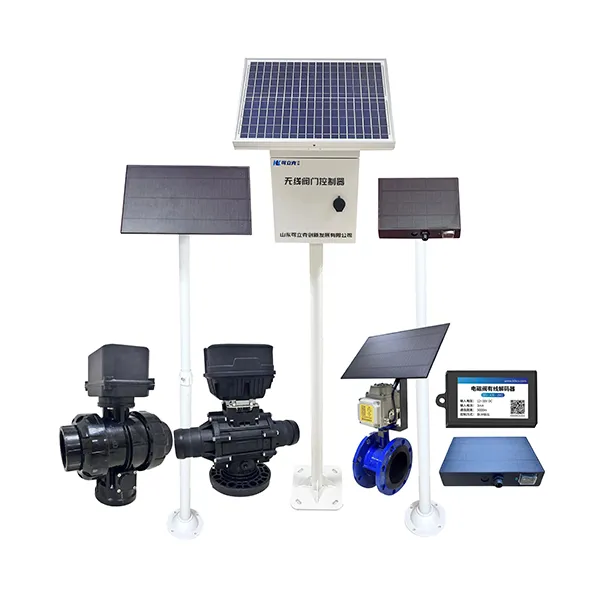 Wireless valve control
Wireless valve control -
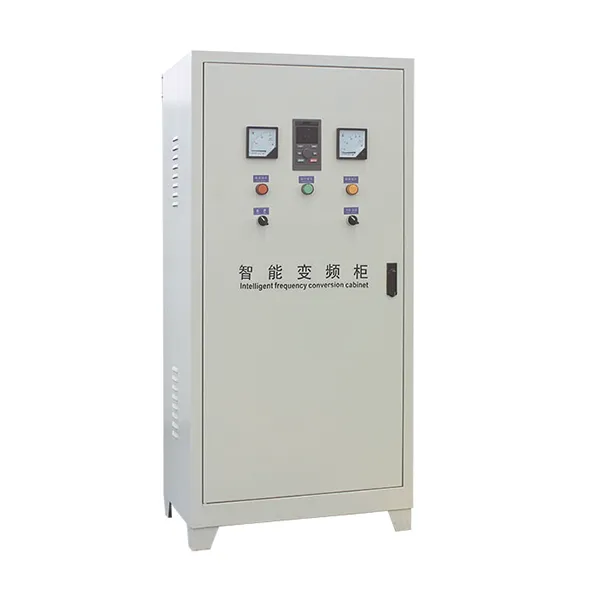 Intelligent Frequency Converter Cabinet
Intelligent Frequency Converter Cabinet
Relatedsearch
Related Search- Installing a filter barrier with reverse osmosis
- Electric valve for irrigation suppliers
- Irrigation and fertilization equipment, simple intelligent water and fertilizer integration apparatus main buyer country
- Solenoid valve 1 inch dc24v manufacturer
- Electrically controlled valve manufacturer
- Device for monitoring the condition of seedlings manufacturers
- Electric valve damper main buyer country
- Intelligent Apparatus for Agricultural Fertilization and Irrigation
- Automated irrigation system supplier
- Sprinkler irrigation system supplier


